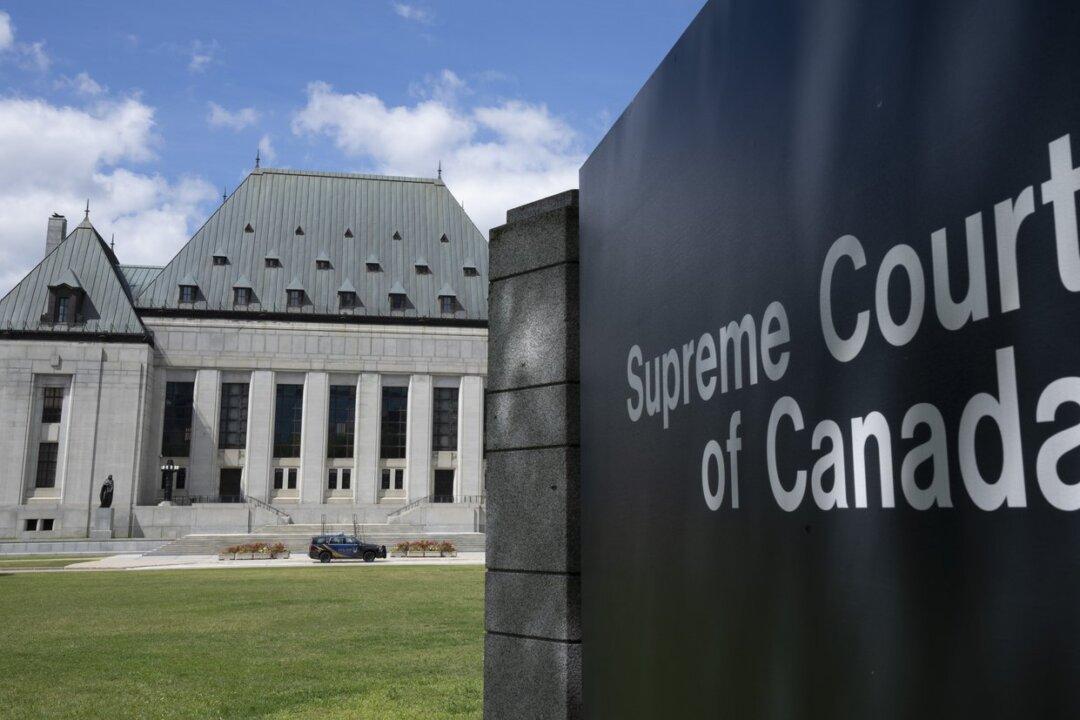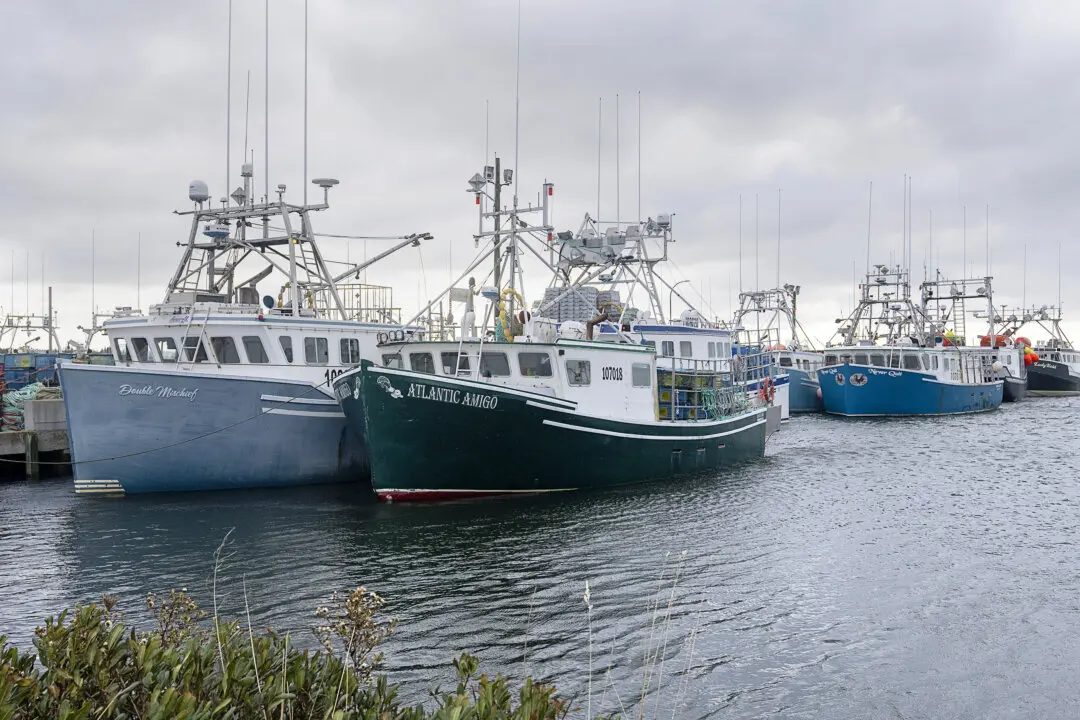Commentary
It looks like a victory for Alberta in what has become a cross between a legal dispute and the culture wars. The Supreme Court just ruled that Bill C-69, a.k.a. the Impact Assessment Act or, to its opponents, the “No More Pipelines Act,” is unconstitutional. Sort of. But before breaking out the oilsands crude, let’s remember that rallying around the white flag is no sort of plan for victory.





